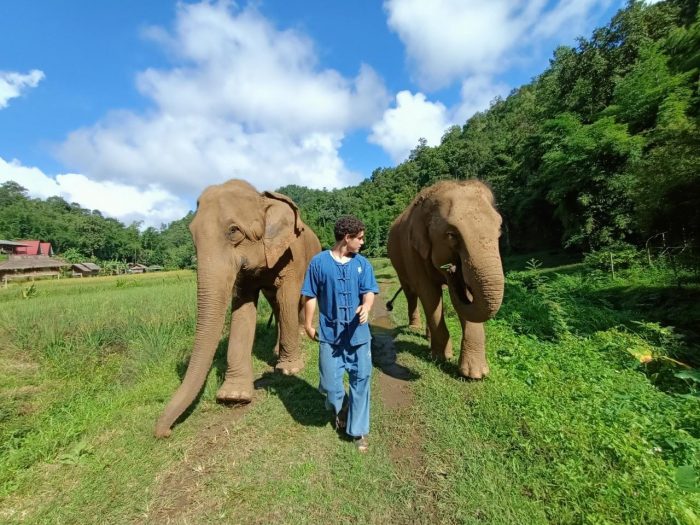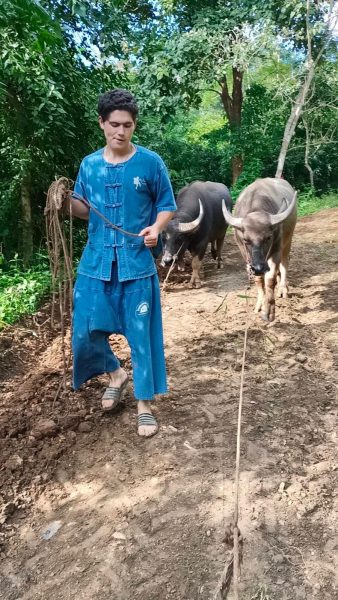Can Animal Volunteering Bring You a Connection with Nature
247 Views

Volunteering allows people to form closer bonds with animals, which also helps them engage more with nature. Along with this, wildlife volunteering abroad or locally also helps them to gain a unique experience that has a variety of additional benefits, ranging from relieving stress to improving physical health.
As the ongoing pandemic has encouraged many people worldwide to dedicate their time to helping animals, here are six benefits of animal volunteering.
It Keeps Your Mind Healthy
If you have ever owned an animal or volunteered at a local shelter, you probably understand how animal companionship can be calming. Spending time around animals can be physically and mentally relaxing.
As a result, our immune systems function better, and we experience a decrease in heart rate, blood pressure, and pain. Also, we mentally benefit when feeling less lonely or anxious and can increase our happiness and emotional well-being.
It Improves Your Patience and Empathy
Each animal has a personality, just like humans do, which means that volunteer work with animals will allow you to learn how to deal with them personally.
You may have to use different words or gestures to support and train animals based on their unique personalities. This will help you develop patience, which will be helpful not only with the animals but also with the people around you.
It Opens You a Connection with Animals
Animal companions are loving and loyal. They create long-lasting relationships, whether as pets or in jobs. They also provide entertainment and can be a source of unconditional love. A pet is a good fit if you’re looking for a loyal friend.
It Brings a Fulfilling Experience
Just as human personalities fall between introversion and extroversion, animal personalities are unique, too. Each animal has its coping mechanism for stress. Spending time with dogs in a shelter reduces anxiety for at least some animals; dog-walking can be a positive activity for dogs of all personality types. Walk a dog, and you’ll appreciate what you’ve done for the animal.
When choosing where you want to try wildlife volunteering abroad, you must consider the type of interaction you will have with the animals. I’m writing about animal shelters and sanctuaries. These animals have already been rescued and treated to be adopted by caring people.
Wildlife rehabilitation centres aim to keep human interaction to a minimum. Fear of humans is an instinctual survival trait diminished by regular contact with humans. You may not get close to the animals as a volunteer, but you will see new places that offer extraordinary experiences.

It Reconnects You with Nature
Being exposed to animals can help people experiencing post-traumatic stress disorder (PTSD) to adjust to the norms brought on by the influenza pandemic. Many people are now walking with dogs, keeping them in residential care facilities, hugging cats and stroking their fur.
These activities include riding horses with special needs children and hugging shelter animals such as cats, dogs, and rabbits.
It Nurtures Future Career Skills
Volunteering develops your skills in a hands-on environment and gain real experience working with animals. Although volunteering at a sanctuary, animal shelter, or wildlife rehabilitation centre may not be the same as volunteering at a hospital, food bank, or women’s shelter. However, it’s just as valuable and important.
You will get behind-the-scenes experience at an animal rescue centre, which will help you determine what work you might prefer to pursue in the future.
If you wish to make an impact in the world and be part of the solution, pursuing wildlife volunteering abroad is a great way to do it. It is an activity that offers a large variety of benefits, ranging from health and happiness to improved academic performance and career preparation. To get that opportunity, join Volunteering Solutions today!



